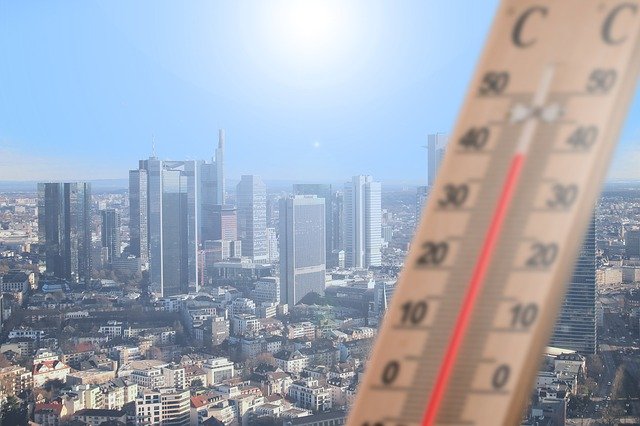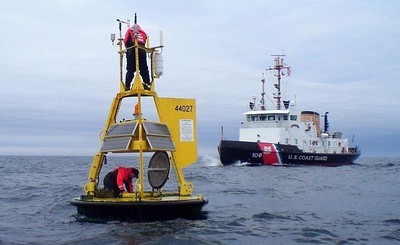 Did you know that seven of the hottest years in recorded history have been the last seven years?
Did you know that seven of the hottest years in recorded history have been the last seven years?
This was confirmed recently by the EU's Copernicus Climate Service. In fact, 2021 was the fifth hottest as evidenced by the devastating flash floods, wildfires in the west, and hurricanes in the east. Ocean heat also set record high temperatures in 2021.
Let’s take a look at how this report is connected with our actions, the science of atmospheric heat, and its interplay with the mechanisms of our planet.
How Is It All Connected?
As humanity burns more fossil fuels, the concentration of two gases, methane and carbon dioxide, has increased substantially.
 Since 2016, for the first time in 4 million years, CO2 concentration has been in excess of 400 ppm (parts per million). Toxic methane has also reached unsurpassed levels - the highest ever recorded. When these potent gases are released into the atmosphere, they warm the planet and increase atmospheric heat.
Since 2016, for the first time in 4 million years, CO2 concentration has been in excess of 400 ppm (parts per million). Toxic methane has also reached unsurpassed levels - the highest ever recorded. When these potent gases are released into the atmosphere, they warm the planet and increase atmospheric heat.
Research by NASA and the National Oceanic and Atmospheric Administration (NOAA) showed that 2021 was the sixth warmest year on record. Furthermore, each year from 2013 to 2021 was among the top ten warmest recorded years. Their analysis included records dating back to 1880.
But it doesn't stop there. Oceans absorb a lot of heat too. According to climate scientists, the best indicator of heat on Earth is the upper ocean temperature -- and this number has been consistently increasing since the 1960s. Oceans take up 93% of the energy trapped by greenhouse gas emissions from manmade activities. This has disastrous consequences on both land and sea.
As oceans warm, the heat accelerates weather systems, resulting in more frequent and intense hurricanes, storms, and rainfall. For every 1.8°F that the ocean warms, the atmosphere can hold 7% more water vapor which increases precipitation. Increased heat also causes water expansion and glacier melt resulting in sea level rise. All these changes affect plant and animal species, and human societies.
Correlation or Causation?
 How do we know for sure that greenhouse gas emissions are causing ocean heat to rise?
How do we know for sure that greenhouse gas emissions are causing ocean heat to rise?
A team consisting of 23 researchers from 14 institutes analyzed data from a global network of oceanic buoys since 1981. Their findings showed that the upper 2,000 meters of our oceans absorbed more than 227 excess zettajoules (order of magnitude: 21) of energy when compared to the average between 1981 and 2010.
Furthermore, the 2021 data was 14 zettajoules higher than that of the previous record, set in 2020. In particular, warming showed a large increase since the 1980s. The team’s findings showed a direct correlation between manmade greenhouse gas emissions and ocean temperatures.
This research has demonstrated clearly that greenhouse gas emissions are the leading cause of rising ocean temperatures. It is time government and business leaders start thinking green first.
Sources: NASA, Washington Post, PBS, BBC, The Hill






